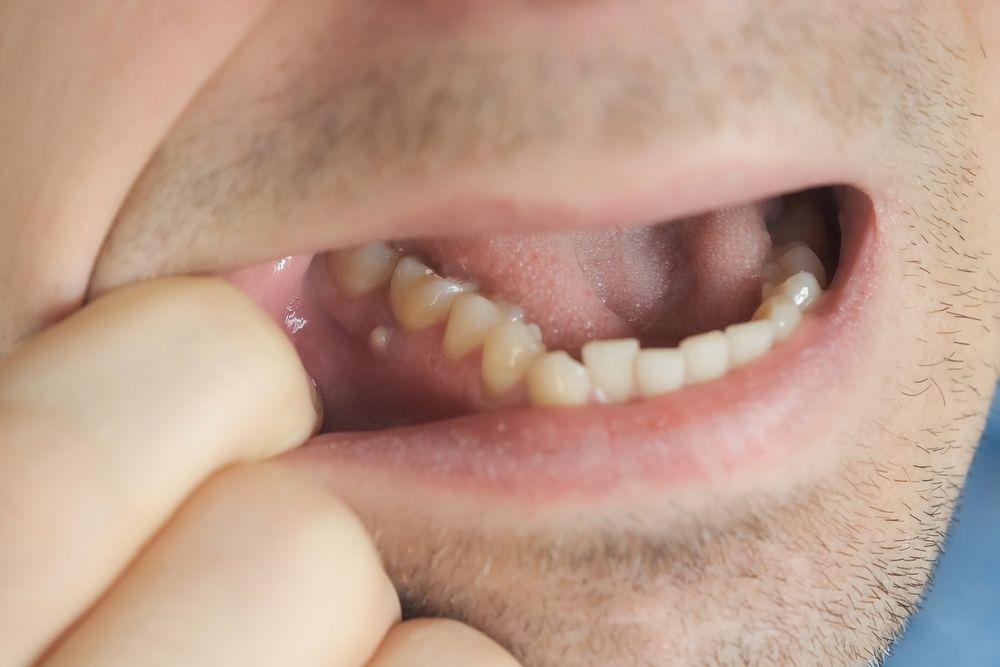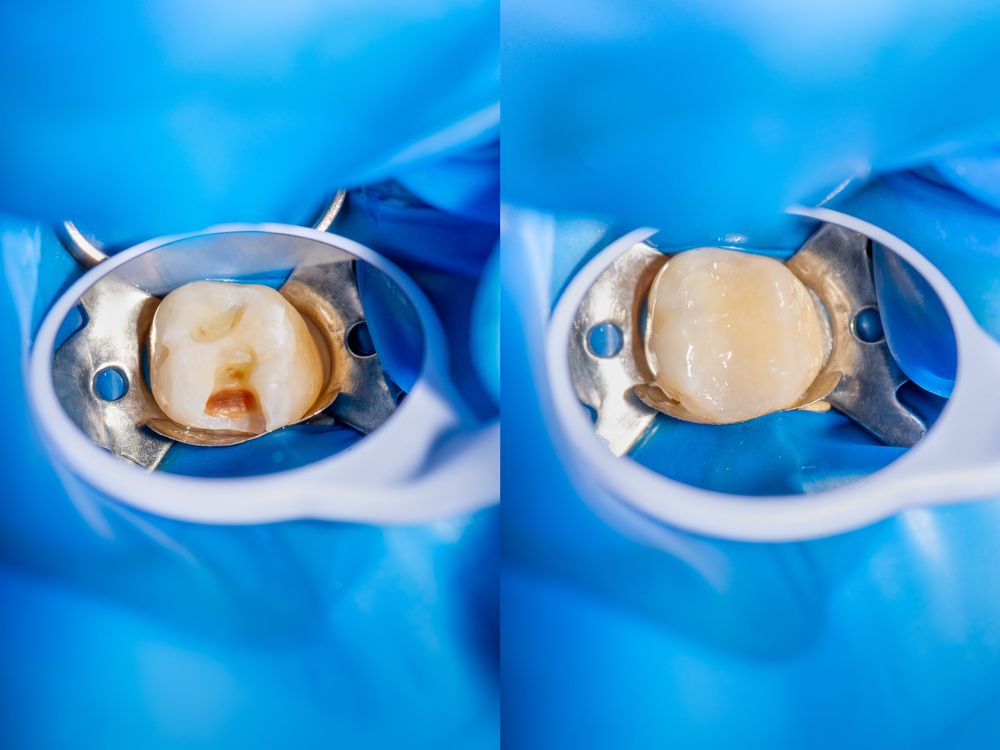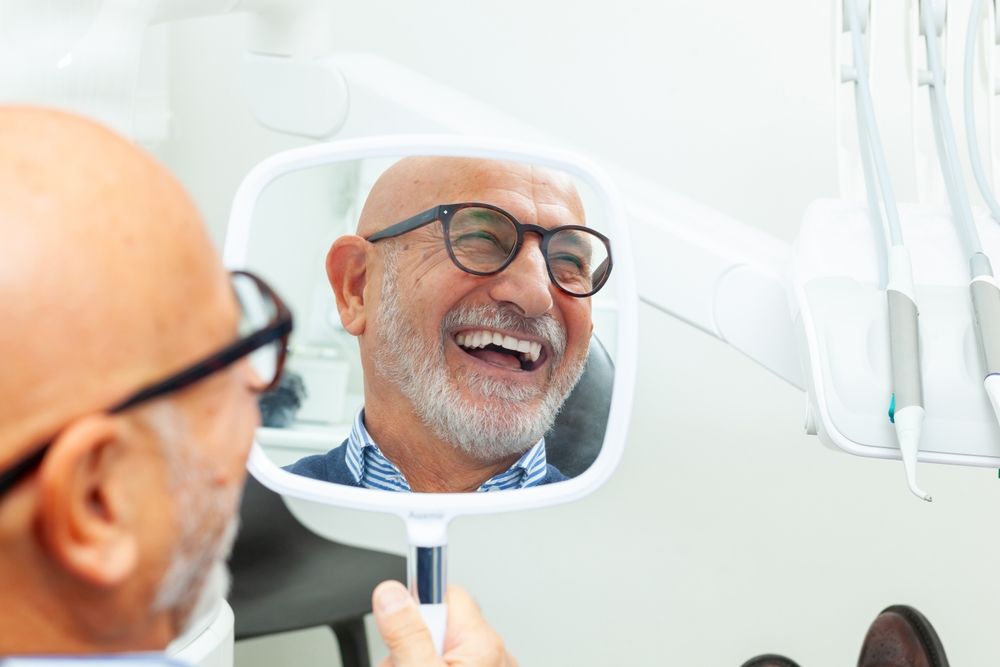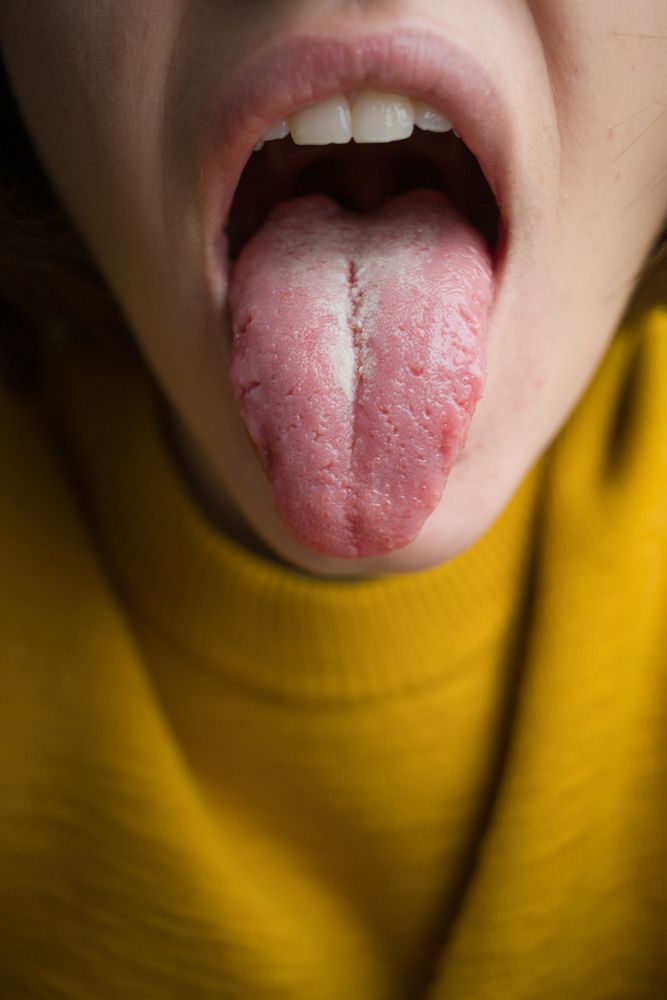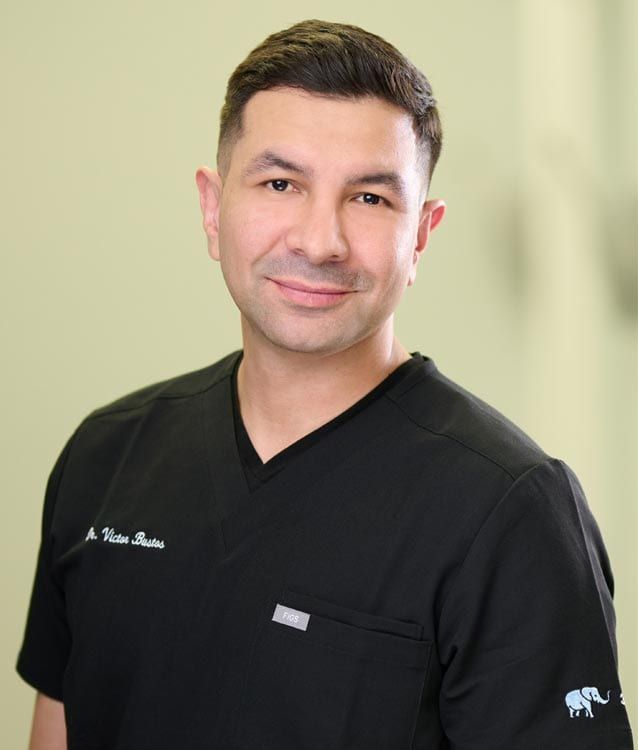A smile is worth a thousand words, and your dental appliances play a pivotal role in maintaining that smile. Whether it’s a set of braces, a dental retainer, a mouthguard, or full or partial dentures, taking care of your dental appliances is essential for ensuring that they help, rather than hinder, your oral health. Let’s delve into why proper cleaning and maintenance of these appliances are crucial.
Why Maintenance is Important
Ensuring Effectiveness
Dental appliances are designed to correct, protect, or replace teeth in your mouth. This can only be achieved if the appliances are kept in good condition. For example, braces need to be free of food particles to ensure they work efficiently in aligning your teeth. Similarly, a retainer must be clean to hold your teeth in their new position post orthodontic treatment effectively.
Preventing Oral Diseases
A dirty dental appliance can become a breeding ground for bacteria, leading to oral infections, gum disease, and tooth decay. Bacteria thrive on the food particles and plaque left on these devices. Not only that, but fungus can also cause problems such as oral thrush. Oral thrush is especially prevalent in people who wear dentures. Cleaning your appliances removes these hazards, significantly lowering your risk of disease.
Avoiding Bad Breath
Bad breath, or halitosis, can often be attributed to poor oral hygiene. If dental appliances are not cleaned regularly, they can harbor food particles and bacteria that produce foul odors. A clean appliance, therefore, is not only about aesthetics but also about basic hygiene and comfort.
Extending Appliance Lifespan
Dental appliances are a significant investment, and just like any other investment, they need care for longevity. Regular maintenance can prevent wear and tear and other damages, thereby extending the lifespan of these appliances. This means fewer visits to the dentist or orthodontist for repairs or replacements, saving time and money in the long run.
Comfort and Appearance
A clean appliance is a comfortable appliance. Over time, buildup on appliances such as dentures can cause discomfort or even sores and infections in the mouth. Additionally, stains and leftover food particles can visually detract from the appearance of your dental appliance, and subsequently, your smile.
Best Practices for Cleaning Dental Appliances
Here are some essential tips for keeping your dental appliances clean:
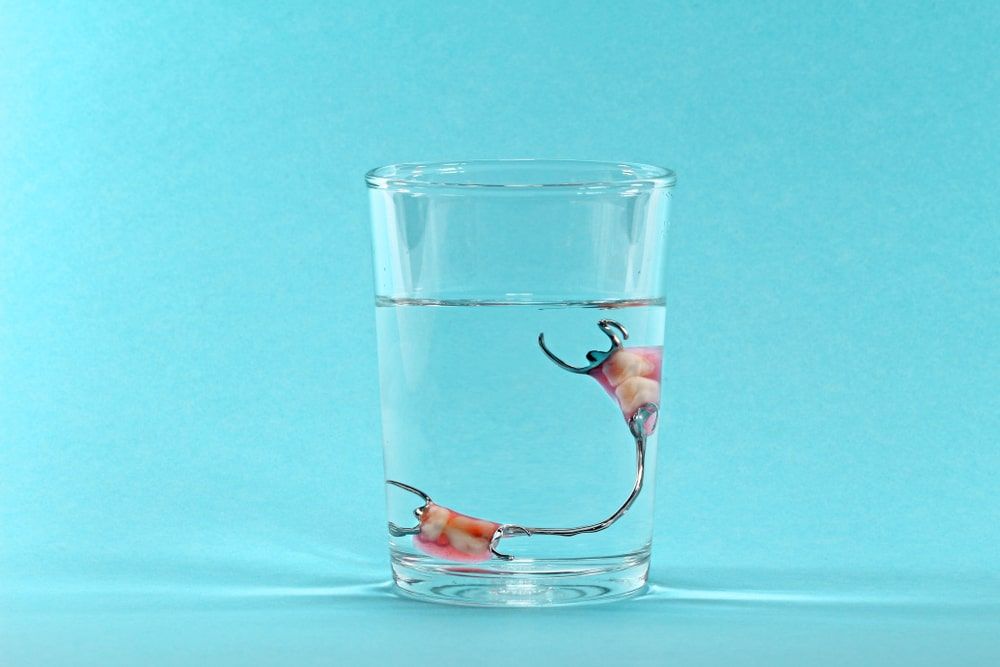
- Follow Specific Cleaning Instructions: Each type of appliance requires its own care routine. Follow the cleaning instructions provided by your dental professional.
- Use the Right Tools and Cleaners: Use brushes designed for the appliance and recommended cleaning agents instead of regular toothpaste, which can be abrasive for certain appliances.
- Rinse After Eating: Rinse your appliance after eating to remove any food particles that may have become lodged in or around the appliance.
- Soak Dentures Regularly: Dentures should be soaked in a cleaning solution as recommended by your dentist to keep them free from bacteria and stains.
- Avoid Harsh Chemicals: Some cleaning agents can damage dental appliances. Avoid bleach and other harsh chemicals unless specified by your dentist.
- Schedule Regular Check-ups: Regular dental check-ups will help to ensure your appliances are in good condition and fit properly.
Conclusion
The responsibility of caring for dental appliances should not be taken lightly. Proper cleaning and maintenance are non-negotiable aspects of oral health care. Not only does this care routine protect against disease and discomfort, but it also ensures the effectiveness and longevity of the appliances. Remember, taking care of your dental appliances is as important as taking care of your teeth — after all, they’re a team working together to keep your smile bright and healthy.

